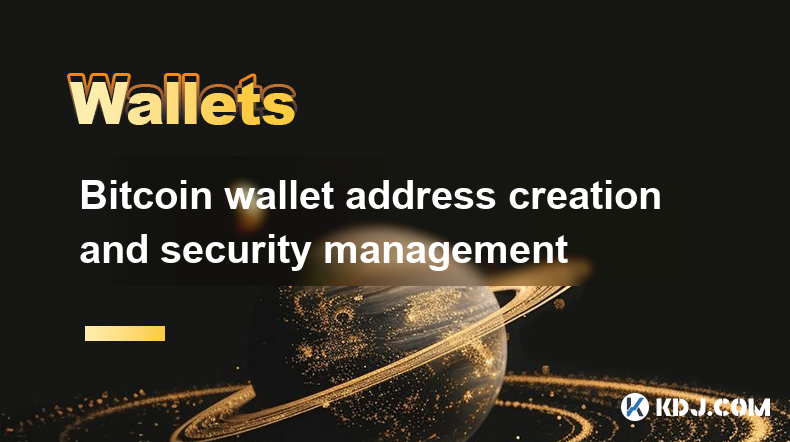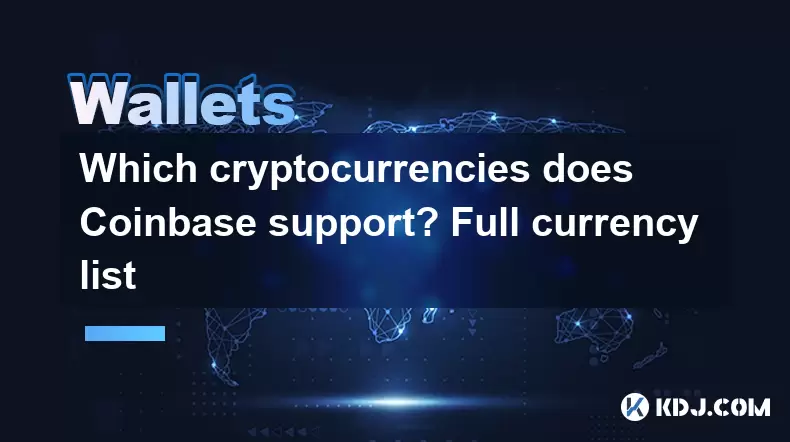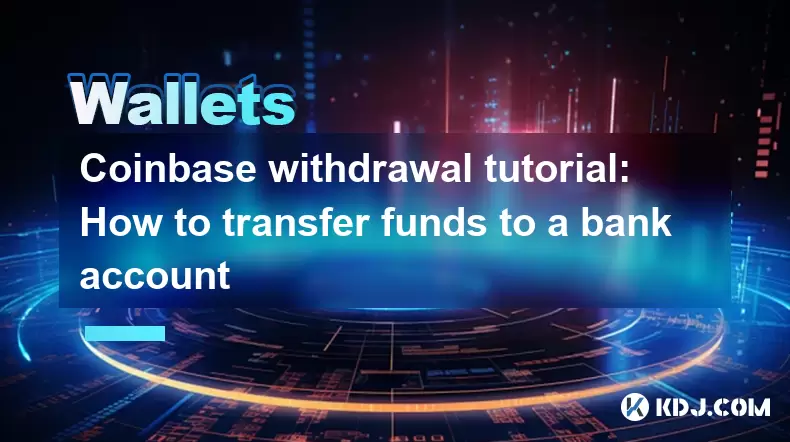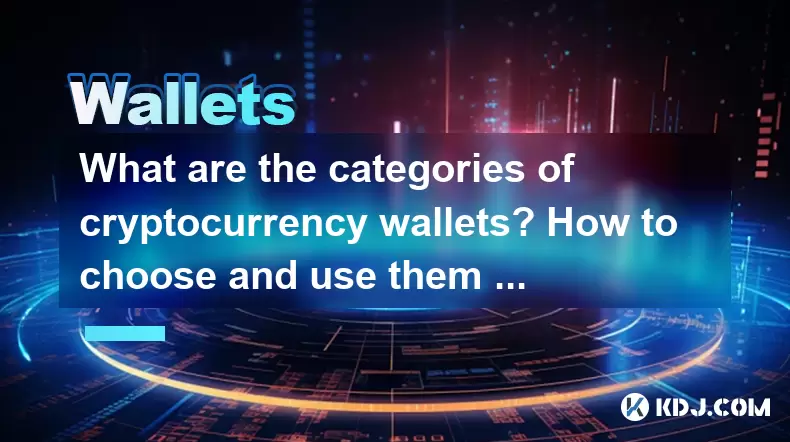-
 Bitcoin
Bitcoin $107,352.1067
0.28% -
 Ethereum
Ethereum $2,429.3531
-0.90% -
 Tether USDt
Tether USDt $1.0001
-0.02% -
 XRP
XRP $2.1894
4.62% -
 BNB
BNB $646.7968
0.36% -
 Solana
Solana $147.4290
4.03% -
 USDC
USDC $0.9998
-0.02% -
 TRON
TRON $0.2756
1.52% -
 Dogecoin
Dogecoin $0.1630
1.14% -
 Cardano
Cardano $0.5612
1.18% -
 Hyperliquid
Hyperliquid $37.0580
-0.05% -
 Bitcoin Cash
Bitcoin Cash $496.9410
-0.09% -
 Sui
Sui $2.7318
3.19% -
 Chainlink
Chainlink $13.1503
0.58% -
 UNUS SED LEO
UNUS SED LEO $9.0766
0.55% -
 Avalanche
Avalanche $17.7220
1.46% -
 Stellar
Stellar $0.2380
1.52% -
 Toncoin
Toncoin $2.8439
0.38% -
 Shiba Inu
Shiba Inu $0.0...01143
1.84% -
 Litecoin
Litecoin $85.8053
1.47% -
 Hedera
Hedera $0.1483
2.70% -
 Monero
Monero $314.3240
2.12% -
 Bitget Token
Bitget Token $4.6725
0.77% -
 Dai
Dai $1.0000
0.00% -
 Polkadot
Polkadot $3.3555
1.28% -
 Ethena USDe
Ethena USDe $1.0001
0.02% -
 Uniswap
Uniswap $7.0890
2.64% -
 Pi
Pi $0.5355
-3.40% -
 Pepe
Pepe $0.0...09393
1.06% -
 Aave
Aave $256.8136
-1.90%
Bitcoin wallet address creation and security management
Bitcoin wallets store private keys, not Bitcoin; losing these keys means losing your funds, so secure storage is crucial for protecting your cryptocurrency.
Mar 31, 2025 at 10:56 pm

Understanding Bitcoin Wallet Addresses
A Bitcoin wallet doesn't store Bitcoin directly. Instead, it stores private keys which are long strings of characters. These keys grant access to your Bitcoin. Your public key, derived from the private key, is used to generate your Bitcoin wallet address, a unique identifier similar to a bank account number. This address is what you share with others to receive Bitcoin. Losing your private key means losing access to your Bitcoin – there's no recovery. Therefore, securing your private key is paramount.
Creating a Bitcoin Wallet Address: Methods and Considerations
There are several ways to create a Bitcoin wallet address, each with its own security implications.
Using a Software Wallet: Software wallets, like Electrum or Exodus, are downloaded onto your computer or mobile device. They generate a new address each time you receive Bitcoin, enhancing privacy. Security depends heavily on the software's security features and your computer's security.
Using a Hardware Wallet: Hardware wallets, such as Ledger or Trezor, are physical devices that store your private keys offline. They are generally considered the most secure option, as they are not susceptible to malware or online attacks.
Using an Online/Exchange Wallet: Online wallets provided by exchanges like Coinbase or Binance are convenient but expose your funds to the security risks of the exchange itself. Consider the exchange's reputation and security measures before using this method.
Using a Paper Wallet: A paper wallet involves generating your private and public keys offline and printing them on paper. This is a secure method if the paper wallet is stored safely, but it lacks the convenience of other options.
Security Management of Your Bitcoin Wallet Address
Protecting your Bitcoin wallet address and associated private keys is crucial to prevent theft or loss of funds. Here are some key security practices:
Strong Passwords: Use strong, unique passwords for all your wallets and related accounts. Avoid reusing passwords across different platforms. Employ a password manager to help you create and manage complex passwords securely.
Two-Factor Authentication (2FA): Enable 2FA whenever possible. This adds an extra layer of security by requiring a second verification code in addition to your password.
Regular Software Updates: Keep your software wallets and operating systems updated to patch security vulnerabilities.
Antivirus and Firewall: Run a reputable antivirus program and firewall on your computer to protect against malware that could steal your private keys.
Secure Storage of Private Keys: Never share your private keys with anyone. Store them securely, whether in a hardware wallet, a password-protected file, or a well-secured paper wallet. Back up your private keys, but do so securely.
Beware of Phishing Scams: Be cautious of phishing emails or websites that try to trick you into revealing your private keys or login credentials. Never click on suspicious links or enter your information on unverified websites.
Offline Storage for Hardware Wallets: If using a hardware wallet, keep it offline and physically secure to prevent theft or unauthorized access.
Regularly Review Transactions: Check your wallet regularly for any unauthorized transactions. If you detect anything suspicious, take immediate action.
Consider Cold Storage: For long-term storage of significant amounts of Bitcoin, cold storage (offline storage of private keys) is highly recommended.
Multiple Addresses: Use multiple Bitcoin addresses for different purposes. This helps limit the impact of a potential security breach.
Understanding the Risks: Different Wallet Types and Their Vulnerabilities
Each type of wallet carries its own set of risks:
Software Wallets: Vulnerable to malware, computer theft, and operating system vulnerabilities. Regular backups and strong security practices are essential.
Hardware Wallets: Generally considered the most secure, but they can be lost or stolen. Physical security is paramount.
Online/Exchange Wallets: Subject to the security of the exchange itself. Exchange hacks or vulnerabilities can result in the loss of your funds.
Paper Wallets: Vulnerable to physical damage, theft, or loss. Proper storage and backups are critical.
Frequently Asked Questions
Q: What happens if I lose my private key?
A: If you lose your private key, you lose access to your Bitcoin. There is no recovery mechanism.
Q: Are hardware wallets completely secure?
A: While hardware wallets are significantly more secure than software wallets, they are not invulnerable. They can be lost, stolen, or damaged.
Q: How often should I back up my wallet?
A: The frequency of backups depends on your risk tolerance and the amount of Bitcoin you hold. Regular backups, at least weekly or monthly, are recommended.
Q: What is a seed phrase, and why is it important?
A: A seed phrase is a list of words that acts as a master key to your wallet. It allows you to restore your wallet if you lose access to your device or private keys. Keep it safe and secure, as it is essential for recovery.
Q: How can I protect myself from phishing scams?
A: Be wary of unsolicited emails or messages requesting your private keys or login credentials. Always verify the authenticity of websites and emails before entering any sensitive information. Never click on suspicious links.
Q: What is the difference between a public key and a private key?
A: Your public key is like your bank account number; you share it to receive Bitcoin. Your private key is like your bank password; it grants you access to your funds. Never share your private key.
Disclaimer:info@kdj.com
The information provided is not trading advice. kdj.com does not assume any responsibility for any investments made based on the information provided in this article. Cryptocurrencies are highly volatile and it is highly recommended that you invest with caution after thorough research!
If you believe that the content used on this website infringes your copyright, please contact us immediately (info@kdj.com) and we will delete it promptly.
- Ripple, CEO, and the XRP ETF Buzz: What's Next?
- 2025-06-29 00:30:13
- Ripple (XRP) and Crypto Analysis: Navigating Trends and Insights
- 2025-06-29 00:30:13
- Aave Price Bull Rally: Can AAVE Defend Its Critical Support Zone?
- 2025-06-29 00:50:12
- BlockDAG, Avalanche, Airdrop: Shaking Up the Crypto Scene with Innovative Strategies
- 2025-06-29 00:50:12
- Ethereum to $10,000? Crypto Analysts Weigh In on ETH's Ambitious ATH
- 2025-06-29 00:35:12
- Zilliqa 2.0: EVM Support and Protocol Overhaul Usher in a New Era
- 2025-06-29 01:10:13
Related knowledge

How to stake cryptocurrencies on Coinbase? Benefits and risks
Jun 27,2025 at 06:36pm
Understanding Cryptocurrency Staking on CoinbaseStaking cryptocurrencies involves locking up digital assets to support the operations of a blockchain network, typically in return for rewards. Coinbase, one of the most popular cryptocurrency exchanges globally, offers staking services for several proof-of-stake (PoS) coins. Users can stake their holdings...

How to contact Coinbase customer service? Support channels and response times
Jun 28,2025 at 01:29pm
Contacting Coinbase Customer Service: Support Channels and Response TimesIf you're a user of Coinbase, reaching their customer service team may become necessary for various reasons, such as account verification issues, transaction disputes, or technical difficulties. Understanding the different support channels available and what to expect in terms of r...

Coinbase advanced trading function usage tutorial: limit orders and market orders
Jun 28,2025 at 09:07pm
Understanding the Difference Between Limit Orders and Market OrdersWhen using Coinbase's advanced trading features, it is crucial to understand the fundamental difference between limit orders and market orders. A market order executes immediately at the best available price on the market. This type of order ensures that your trade goes through quickly, ...

Which cryptocurrencies does Coinbase support? Full currency list
Jun 28,2025 at 08:36am
Overview of Cryptocurrencies Supported by CoinbaseCoinbase is one of the most popular and trusted cryptocurrency exchanges globally. It provides users with a platform to buy, sell, trade, and store various digital assets. As of the latest updates, Coinbase supports over 200 cryptocurrencies, including major ones like Bitcoin (BTC), Ethereum (ETH), and L...

Coinbase withdrawal tutorial: How to transfer funds to a bank account
Jun 28,2025 at 02:35am
Understanding Coinbase WithdrawalsCoinbase is one of the most widely used cryptocurrency platforms, allowing users to buy, sell, and store digital assets. Once you've successfully traded or held your crypto on Coinbase, the next logical step may be to withdraw funds to a bank account. This process involves converting your cryptocurrency into fiat curren...

What are the categories of cryptocurrency wallets? How to choose and use them safely?
Jun 21,2025 at 10:42pm
Understanding Cryptocurrency WalletsCryptocurrency wallets are essential tools for anyone involved in the digital asset ecosystem. They allow users to store, send, and receive cryptocurrencies securely. Unlike traditional wallets that hold physical money, crypto wallets manage cryptographic keys—private and public—which interact with blockchain networks...

How to stake cryptocurrencies on Coinbase? Benefits and risks
Jun 27,2025 at 06:36pm
Understanding Cryptocurrency Staking on CoinbaseStaking cryptocurrencies involves locking up digital assets to support the operations of a blockchain network, typically in return for rewards. Coinbase, one of the most popular cryptocurrency exchanges globally, offers staking services for several proof-of-stake (PoS) coins. Users can stake their holdings...

How to contact Coinbase customer service? Support channels and response times
Jun 28,2025 at 01:29pm
Contacting Coinbase Customer Service: Support Channels and Response TimesIf you're a user of Coinbase, reaching their customer service team may become necessary for various reasons, such as account verification issues, transaction disputes, or technical difficulties. Understanding the different support channels available and what to expect in terms of r...

Coinbase advanced trading function usage tutorial: limit orders and market orders
Jun 28,2025 at 09:07pm
Understanding the Difference Between Limit Orders and Market OrdersWhen using Coinbase's advanced trading features, it is crucial to understand the fundamental difference between limit orders and market orders. A market order executes immediately at the best available price on the market. This type of order ensures that your trade goes through quickly, ...

Which cryptocurrencies does Coinbase support? Full currency list
Jun 28,2025 at 08:36am
Overview of Cryptocurrencies Supported by CoinbaseCoinbase is one of the most popular and trusted cryptocurrency exchanges globally. It provides users with a platform to buy, sell, trade, and store various digital assets. As of the latest updates, Coinbase supports over 200 cryptocurrencies, including major ones like Bitcoin (BTC), Ethereum (ETH), and L...

Coinbase withdrawal tutorial: How to transfer funds to a bank account
Jun 28,2025 at 02:35am
Understanding Coinbase WithdrawalsCoinbase is one of the most widely used cryptocurrency platforms, allowing users to buy, sell, and store digital assets. Once you've successfully traded or held your crypto on Coinbase, the next logical step may be to withdraw funds to a bank account. This process involves converting your cryptocurrency into fiat curren...

What are the categories of cryptocurrency wallets? How to choose and use them safely?
Jun 21,2025 at 10:42pm
Understanding Cryptocurrency WalletsCryptocurrency wallets are essential tools for anyone involved in the digital asset ecosystem. They allow users to store, send, and receive cryptocurrencies securely. Unlike traditional wallets that hold physical money, crypto wallets manage cryptographic keys—private and public—which interact with blockchain networks...
See all articles

























































































